// Just Keep Swimming | C++

// just keep swimming | C++
More Posts from Tomisfly and Others



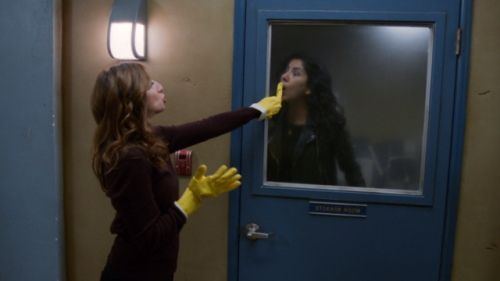
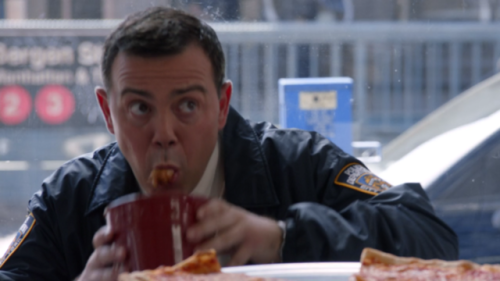

out of context b99










Smithsonian’s National Air & Space Museum Udvar-Hazy Center in Chantilly, Virginia, offers the unique sight of a complete Mercury spacecraft. Many of these spacecraft are available for viewing all over the United States, but this one is special because it did not fly.
During the course of a Mercury flight, several parts of the spacecraft are jettisoned and not recovered, including the retro package. This piece of equipment is visible here in my photos as the striped metal object strapped to the bottom of the heat shield. This small cluster of solid rocket motors was responsible for the safe return of the astronaut from space, making just enough thrust to change the shape of the orbit so that it would meet the atmosphere and use aerobraking for a ballistic reentry.
If this package had not fired properly, the astronaut would be faced with the dire situation of being stuck in orbit. Fortunately, this never happened in real life, but it was captured in the fanciful novel “Marooned” by Martin Cardin, in which a NASA astronaut was stranded on orbit after his retro rockets failed. When the book was released in 1964, it was so influential that it actually changed procedures for Mercury’s follow on program Project Gemini, adding more redundancy to the spacecraft’s reentry flight profile.
Alan Shepard, the first American in space and later Apollo 14 moonwalker, didn’t fail to notice that there was a leftover spacecraft at the end of the Mercury program. He lobbied for a second Mercury flight in this ship, speaking personally to both NASA Administrator James Webb and President John Kennedy about this flight. He told them his idea of an “open ended” mission in which they would keep him in orbit indefinitely until there was a malfunction or consumables began to run out. Webb stated (and Kennedy agreed) that it was more important to shelve the Mercury spacecraft in order to jump start the more capable Gemini Program. Thus, we now have this whole Mercury on display for future generations to appreciate.

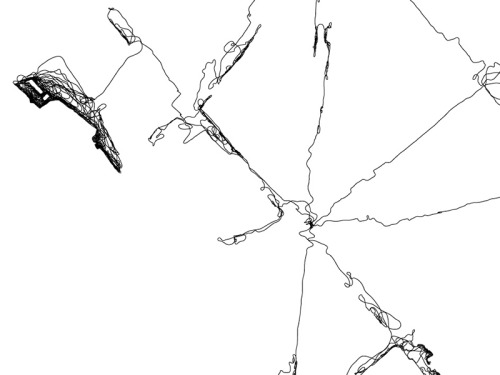
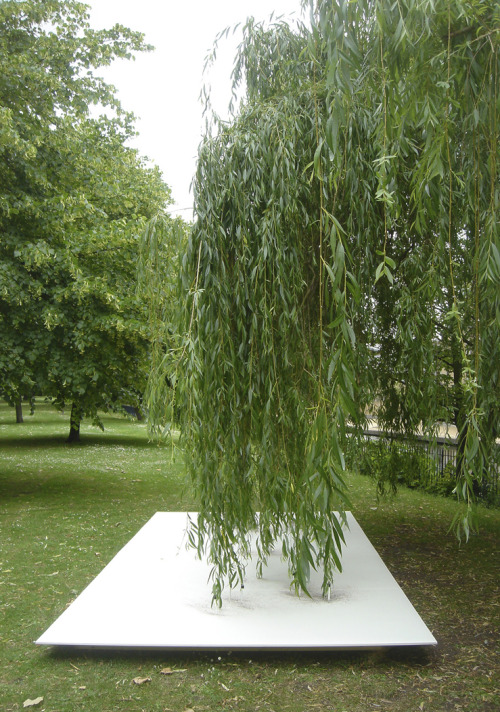
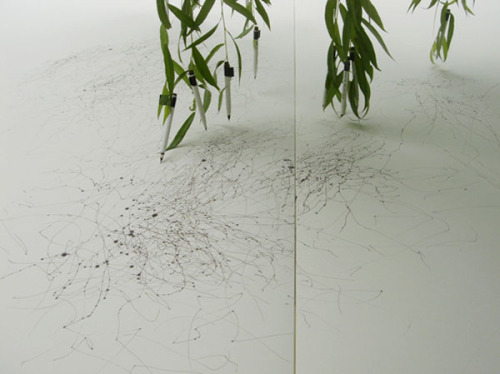
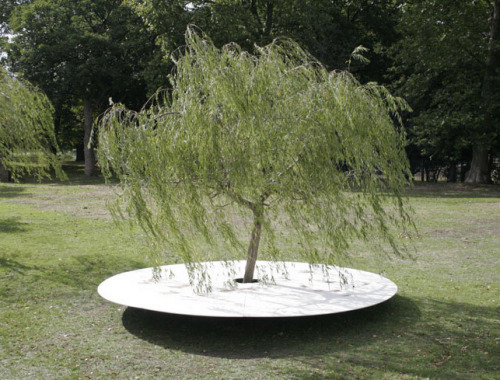

Tree Drawings, Tim Knowles
A closer look at British artist Tim Knowles’ series of drawings produced using drawing tools attached to the tips of tree branches; the wind’s effects on the tree, recorded on paper. Like signatures each drawing reveals the different qualities and characteristics of each tree.
Instagram.com/wetheurban

Here is the news if you’ve missed it.


summary posters are the best way to study a-level physics ⚖️

“Somebody tell these shorties reach for the stars Instead they tell ‘em how to reach through the bars holdin’ a mirror”
![How I Make Vector Graphics / [click For High Res!] → By Popular Demand, This Is How I Make Vector](https://64.media.tumblr.com/ceaba52441282b5220b6362b675b86fb/tumblr_oiuzzpghfd1vqrre4o1_500.png)
![How I Make Vector Graphics / [click For High Res!] → By Popular Demand, This Is How I Make Vector](https://64.media.tumblr.com/4f691210a95a6186ce1a24a71655965e/tumblr_oiuzzpghfd1vqrre4o2_500.png)
![How I Make Vector Graphics / [click For High Res!] → By Popular Demand, This Is How I Make Vector](https://64.media.tumblr.com/6556f38d2e9c86e34588bb35e66165a3/tumblr_oiuzzpghfd1vqrre4o3_500.png)
![How I Make Vector Graphics / [click For High Res!] → By Popular Demand, This Is How I Make Vector](https://64.media.tumblr.com/b34bff71f8524383383cd890bffc1208/tumblr_oiuzzpghfd1vqrre4o4_500.png)
![How I Make Vector Graphics / [click For High Res!] → By Popular Demand, This Is How I Make Vector](https://64.media.tumblr.com/649f32e5e7ea4e256646211436907b90/tumblr_oiuzzpghfd1vqrre4o6_r1_500.png)
how i make vector graphics / [click for high res!] → by popular demand, this is how i make vector graphics! i hope this is helpful and feel free to ask if you have anymore questions. —tia ♪
[+++] answered design questions / all uploads

-
 htmelle liked this · 6 years ago
htmelle liked this · 6 years ago -
 defytheimperative liked this · 7 years ago
defytheimperative liked this · 7 years ago -
 bonecraft liked this · 7 years ago
bonecraft liked this · 7 years ago -
 be-the-most-of-it reblogged this · 7 years ago
be-the-most-of-it reblogged this · 7 years ago -
 accabc liked this · 7 years ago
accabc liked this · 7 years ago -
 gmannepalli liked this · 7 years ago
gmannepalli liked this · 7 years ago -
 luser3301 reblogged this · 7 years ago
luser3301 reblogged this · 7 years ago -
 highasameliaearhart-blog liked this · 8 years ago
highasameliaearhart-blog liked this · 8 years ago -
 kurt--hummel liked this · 8 years ago
kurt--hummel liked this · 8 years ago -
 int-elligence reblogged this · 8 years ago
int-elligence reblogged this · 8 years ago -
 venz1995-blog liked this · 8 years ago
venz1995-blog liked this · 8 years ago -
 namleyme liked this · 8 years ago
namleyme liked this · 8 years ago -
 unguarded-guards liked this · 8 years ago
unguarded-guards liked this · 8 years ago -
 theroguecoder-blog reblogged this · 8 years ago
theroguecoder-blog reblogged this · 8 years ago -
 ilikeappdesign liked this · 8 years ago
ilikeappdesign liked this · 8 years ago -
 drackc reblogged this · 8 years ago
drackc reblogged this · 8 years ago -
 kinglerofficial liked this · 8 years ago
kinglerofficial liked this · 8 years ago -
 tomisfly reblogged this · 8 years ago
tomisfly reblogged this · 8 years ago -
 spogi reblogged this · 8 years ago
spogi reblogged this · 8 years ago -
 matrob611-blog liked this · 8 years ago
matrob611-blog liked this · 8 years ago -
 pgrafhamster liked this · 8 years ago
pgrafhamster liked this · 8 years ago -
 heri liked this · 8 years ago
heri liked this · 8 years ago -
 icepool liked this · 8 years ago
icepool liked this · 8 years ago -
 homersimpson007-blog liked this · 8 years ago
homersimpson007-blog liked this · 8 years ago -
 satans-boyfriend liked this · 8 years ago
satans-boyfriend liked this · 8 years ago -
 amamillalatortilla liked this · 8 years ago
amamillalatortilla liked this · 8 years ago -
 elbarondelabirra reblogged this · 8 years ago
elbarondelabirra reblogged this · 8 years ago -
 sittingonfilm liked this · 8 years ago
sittingonfilm liked this · 8 years ago -
 whiletruetypecode reblogged this · 8 years ago
whiletruetypecode reblogged this · 8 years ago
112 posts
